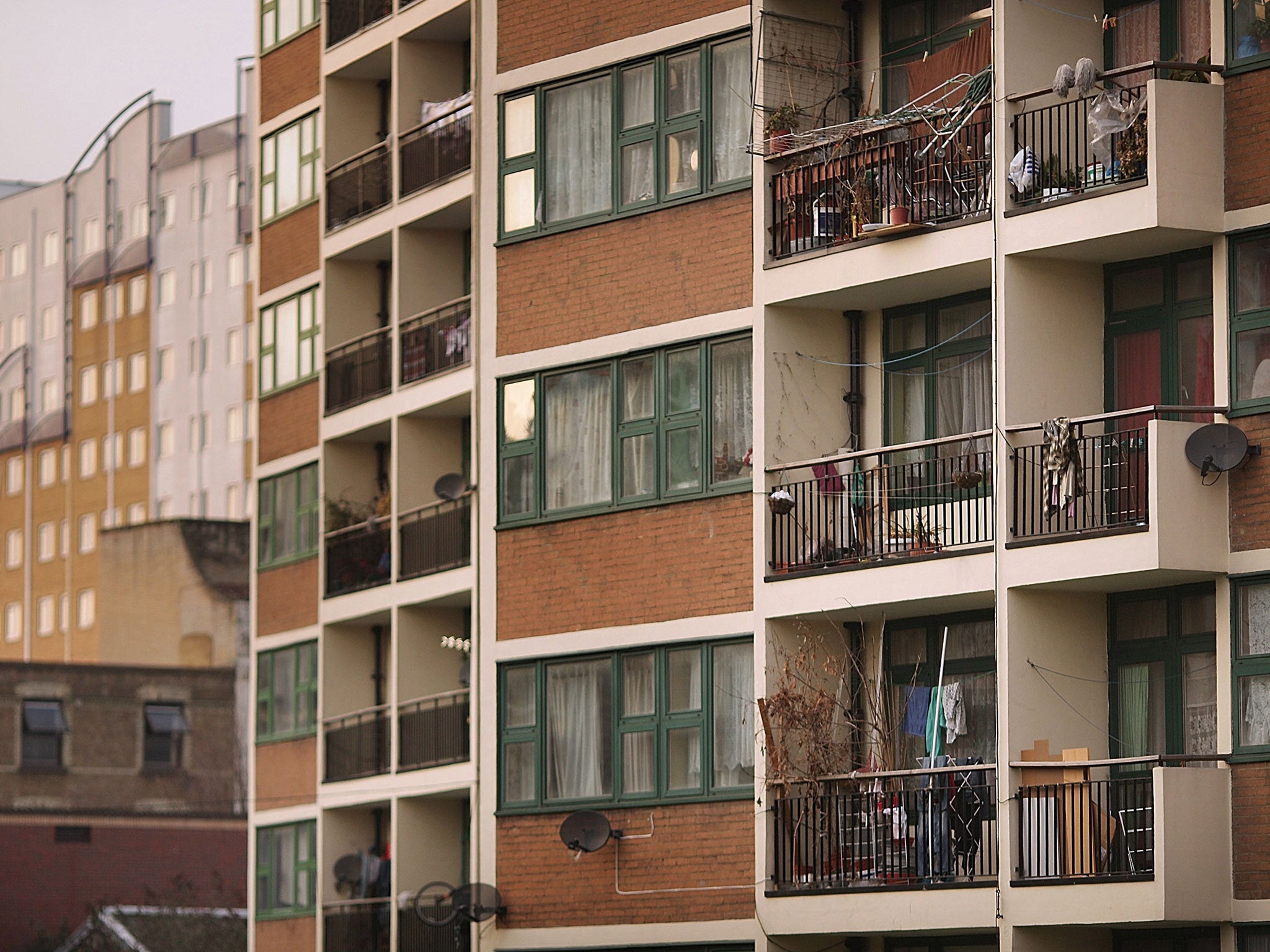Government's projected savings from bedroom tax were ‘exaggerated’, research shows

Your support helps us to tell the story
From reproductive rights to climate change to Big Tech, The Independent is on the ground when the story is developing. Whether it's investigating the financials of Elon Musk's pro-Trump PAC or producing our latest documentary, 'The A Word', which shines a light on the American women fighting for reproductive rights, we know how important it is to parse out the facts from the messaging.
At such a critical moment in US history, we need reporters on the ground. Your donation allows us to keep sending journalists to speak to both sides of the story.
The Independent is trusted by Americans across the entire political spectrum. And unlike many other quality news outlets, we choose not to lock Americans out of our reporting and analysis with paywalls. We believe quality journalism should be available to everyone, paid for by those who can afford it.
Your support makes all the difference.The financial savings generated by the “bedroom tax” may have been significantly exaggerated by the Government, according to research which shows the controversial policy is likely to save £160m less in its first year than the projected £480m.
Researchers at the University of York took figures gathered since April from four of the country’s largest housing associations and applied them to a model used by the Department for Work and Pensions (DWP) to estimate savings. Riverside, Wigan and Leigh Housing, Affinity Sutton and Gentoo commissioned the team to apply their figures based on actual experience and see how they matched the department’s predictions.
One of the stated aims of the policy was to reduce housing benefit costs, but the research suggests that these were exaggerated and the DWP’s model for calculating savings “flawed”. The Government underestimated the proportion of tenants under-occupying by one bedroom who would downsize, and of those, who would end up in the more expensive private sector.
Professor Rebecca Tunstall, director of the Centre for Housing Policy, at the University of York, said: “The savings estimated by DWP assume that of the 660,000 households affected, none of them will move to a smaller home – but we know from our own research that over a fifth want to downsize to avoid the penalty. Tenants are already on the move, and with nearly half of those who have chosen to stay already in rent arrears, we can only see that figure going in one direction”.
Rachel Reeves, the shadow Work and Pensions Secretary, said: “This research is another nail in the coffin of David Cameron’s crumbling case for the bedroom tax. Labour has repeatedly warned it could end up costing more than it saves.”
Welfare minister Esther McVey dismissed the report, saying it was based on too small a sample. When asked what the Government would do about the fact that three-bedroom houses are now lying empty because of the new charges, she made the surprising suggestion that housing associations and councils should chop them up and turn them into one and two-bed properties. “That’s what we’ve got to do,” she said.
Join our commenting forum
Join thought-provoking conversations, follow other Independent readers and see their replies
Comments